6 GPTs for Proof Development Powered by AI for Free of 2025
AI GPTs for Proof Development are advanced computational tools designed to aid in the creation, verification, and validation of proofs in various fields such as mathematics, logic, and computer science. Leveraging the power of Generative Pre-trained Transformers, these tools are tailored to support tasks requiring rigorous logical reasoning and proof structuring. They are instrumental in automating the proof development process, thereby enhancing efficiency and accuracy in research and practical applications.
Top 6 GPTs for Proof Development are: Math Formal Proof Assistant,ProofGPT,Tutor Fundamentos Matemática,Math Mentor,Math Researcher,Proof Wiz
Math Formal Proof Assistant
Elevating proof development with AI

ProofGPT
Crafting Proofs with AI Precision
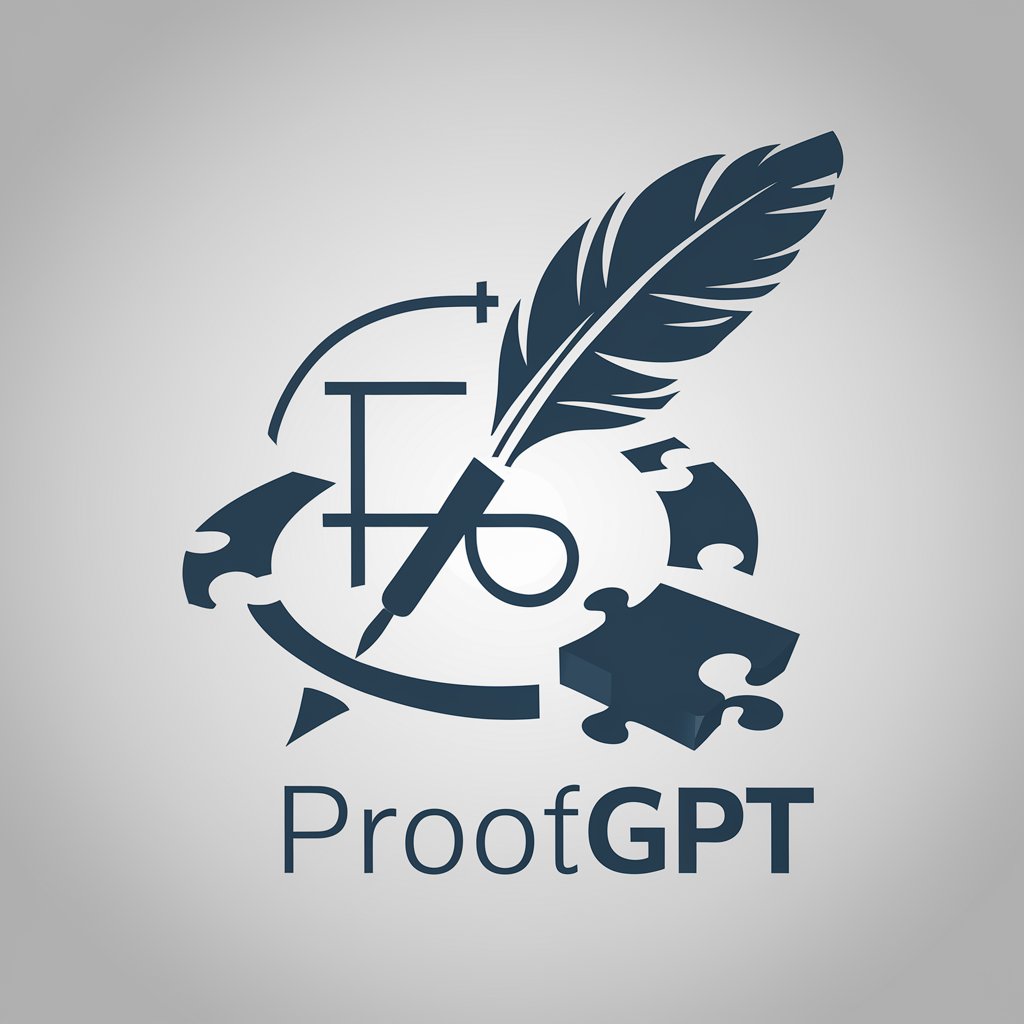
Tutor Fundamentos Matemática
Mastering mathematical proofs, one concept at a time.
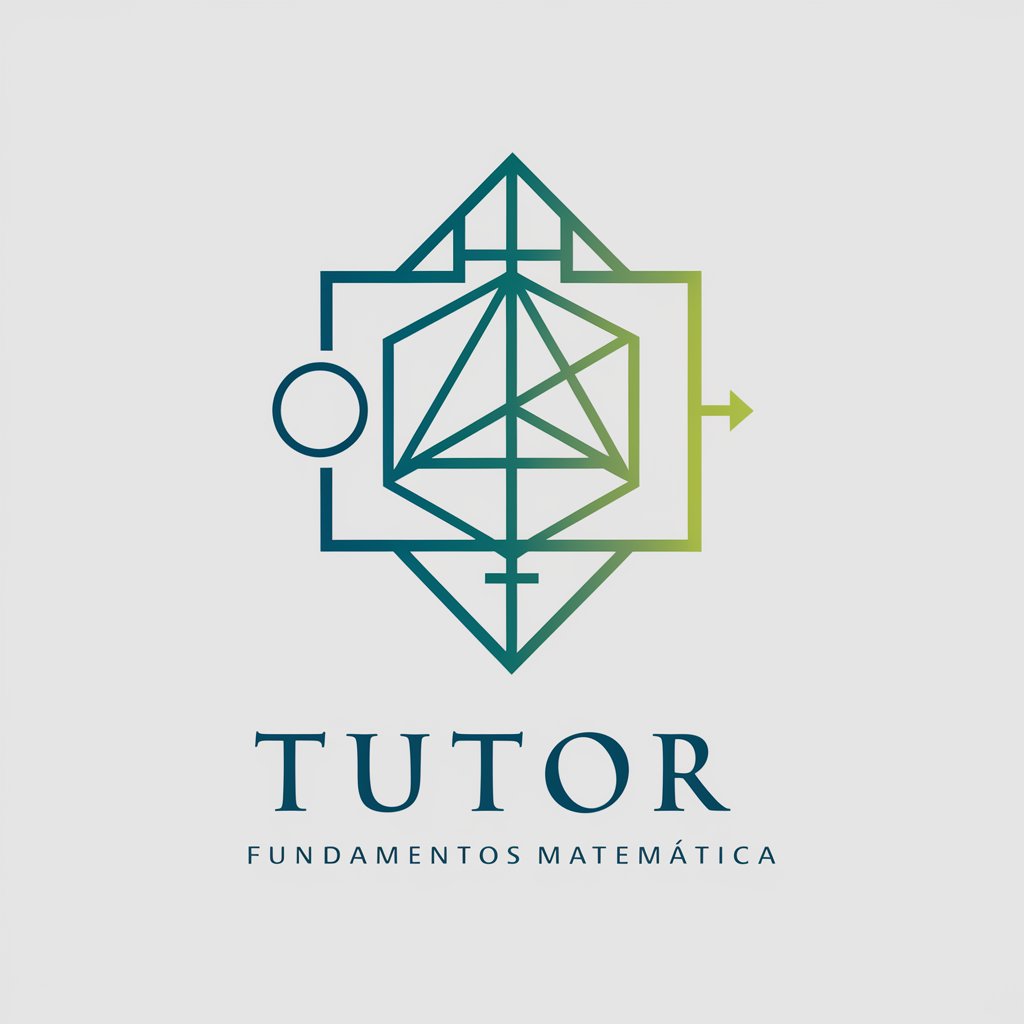
Math Mentor
AI-powered, in-depth mathematical exploration.
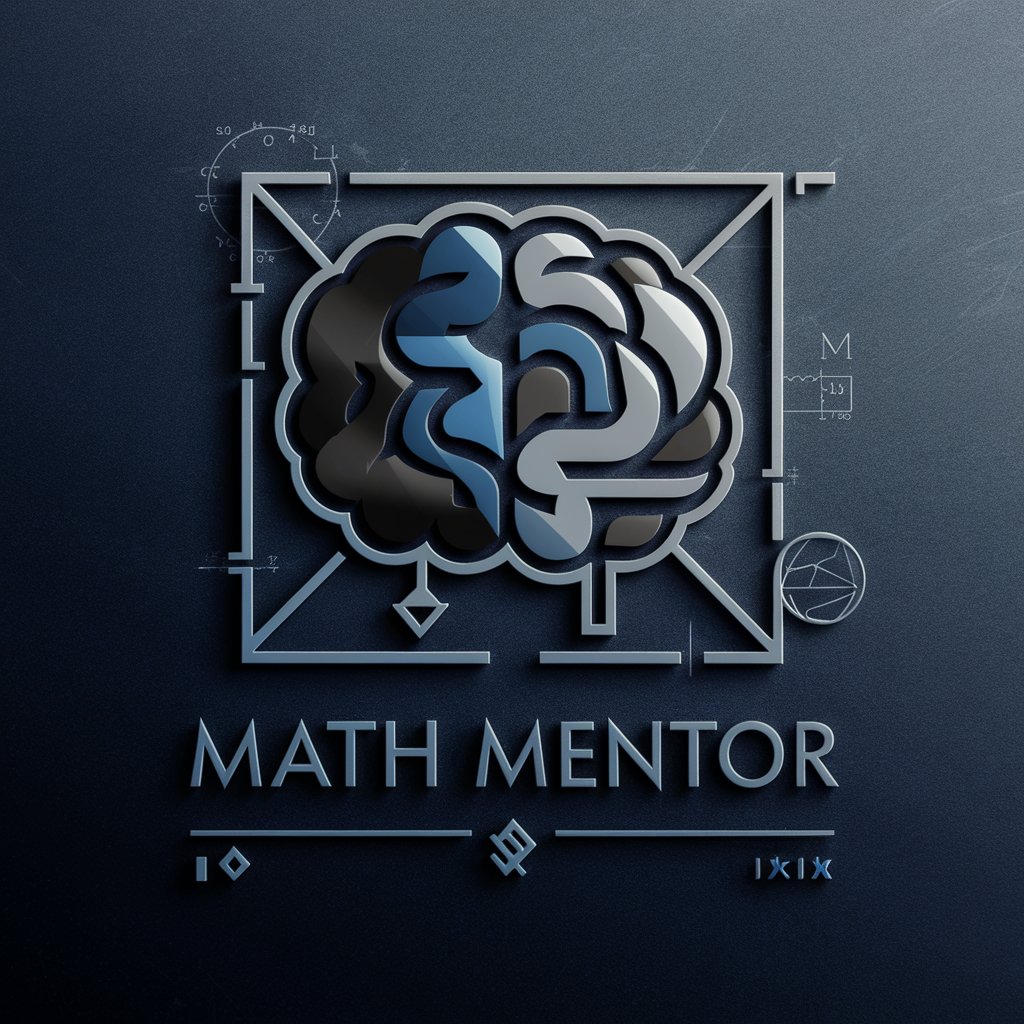
Math Researcher
Unraveling Mathematics with AI
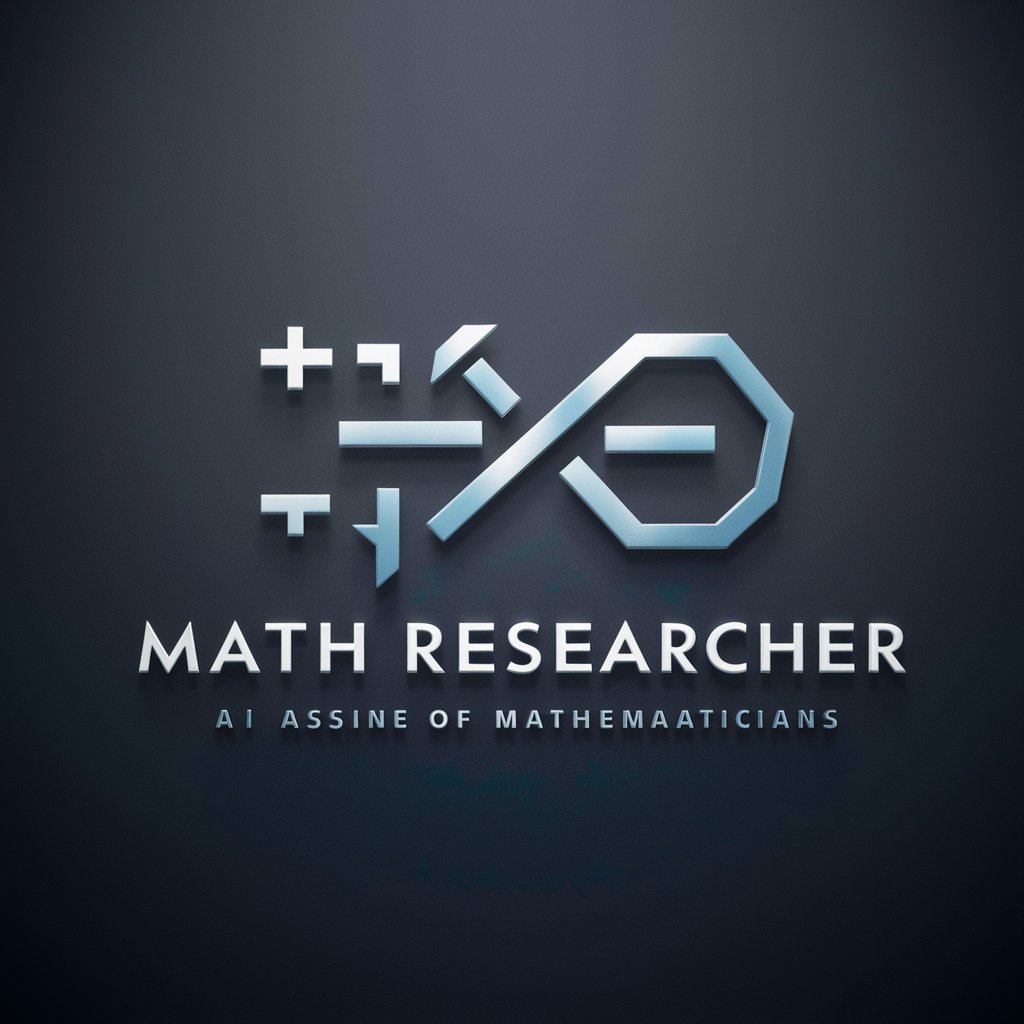
Proof Wiz
Harness AI to Master Logic
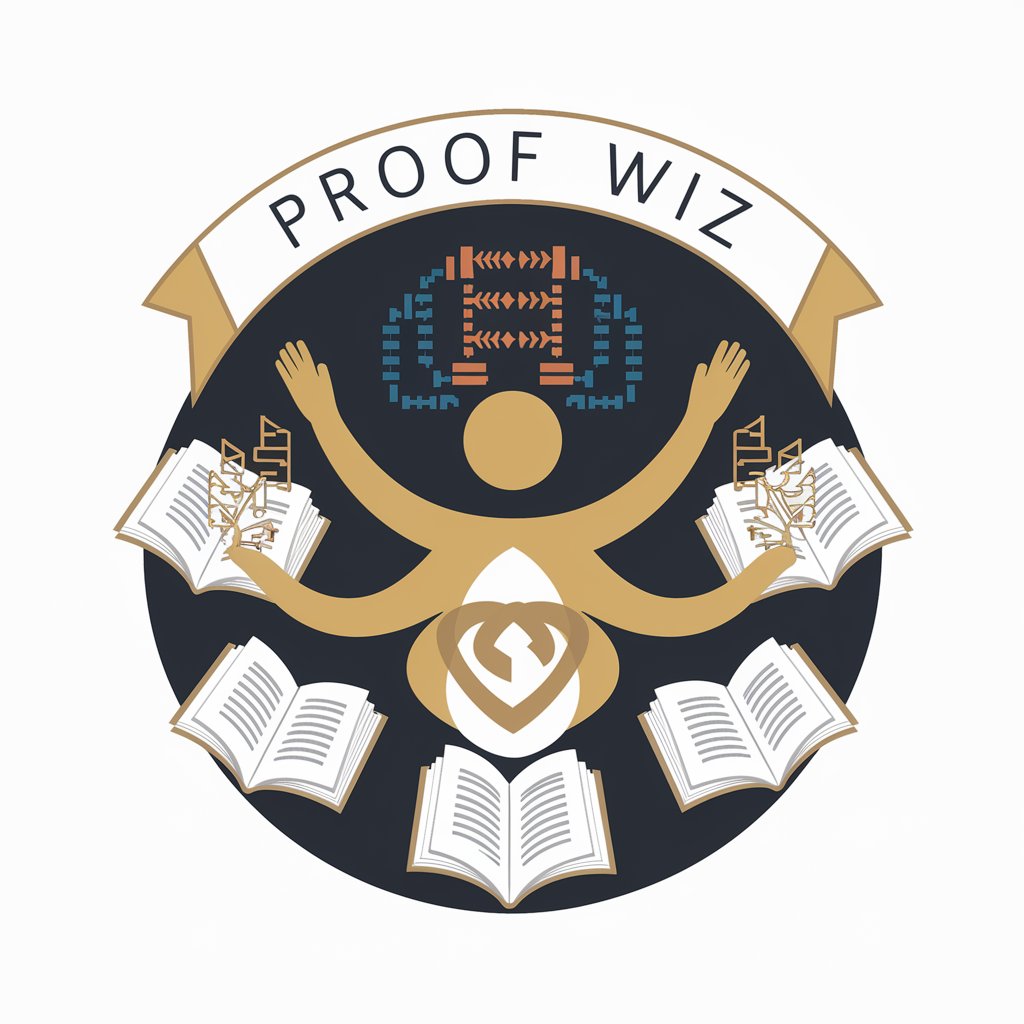
Key Attributes of Proof Development GPTs
These GPT tools excel in adaptability, scaling from basic logic puzzles to complex theorem proving. Key features include natural language processing for understanding and generating proofs, technical support for specialized notation, web searching capabilities for sourcing relevant literature, image generation for visual proofs, and data analysis for empirical validation. Their versatility allows for customization to specific proof development tasks, making them indispensable in the field.
Who Benefits from Proof Development GPTs
The primary users of these tools span from novices seeking to learn about proof techniques to developers and professionals working on cutting-edge research. They cater to users without programming skills through intuitive interfaces, while offering advanced customization options for those with technical expertise. This makes them accessible and beneficial across academic, educational, and professional landscapes.
Try Our other AI GPTs tools for Free
Argumentation Guidance
Discover how AI GPTs for Argumentation Guidance can transform your ability to argue effectively, offering personalized support in crafting persuasive arguments.
Education Tutorials
Explore how AI GPTs revolutionize education with personalized tutorials, interactive learning, and a wide range of adaptable educational tools suitable for all levels.
APA Compliance
Discover how AI GPTs for APA Compliance can streamline your writing process, ensuring your documents meet APA standards with ease. Perfect for students, researchers, and professionals.
APA Updates
Explore the latest in AI GPT technology for APA Updates, designed to streamline and enhance your academic writing and research with up-to-date APA compliance.
Art Interaction
Discover how AI GPTs for Art Interaction revolutionize the way we engage with art, offering creative solutions for creation, analysis, and education in the art world.
Kid Safety
Discover AI GPTs for Kid Safety: adaptable, user-friendly tools designed to protect children in digital and physical spaces.
Further Perspectives on GPTs in Proof Development
GPTs revolutionize proof development by providing dynamic, tailored solutions across sectors. They feature user-friendly interfaces for easy adoption and offer integration capabilities that allow for enhanced collaboration and efficiency in proof-based projects. Their application extends beyond academia, offering potential in legal reasoning, software verification, and more.
Frequently Asked Questions
What exactly is AI GPT for Proof Development?
AI GPT for Proof Development refers to the application of Generative Pre-trained Transformers tailored to assist in the formulation and verification of logical proofs, supporting tasks from theorem proving to logical reasoning.
Who can use these tools?
They are designed for a broad audience, including students learning proof techniques, researchers in mathematics and computer science, and professionals requiring proof verification in their work.
Do I need coding skills to use these tools?
No, many of these tools are designed with user-friendly interfaces that do not require programming knowledge, although coding skills can enhance their utility through customization.
Can these tools generate proofs for any theorem?
While they are incredibly advanced, their ability to generate proofs may depend on the complexity of the theorem and the current state of research in the specific domain.
How do GPTs for Proof Development integrate with existing workflows?
These tools offer APIs and plugins to seamlessly integrate with existing digital environments, enhancing workflows in research, education, and professional applications.
Are there customization options for specific fields?
Yes, these GPT tools can be tailored to meet the unique demands of different fields, such as mathematics, logic, or computer science, through adjustable parameters and specialized models.
How do these tools handle complex mathematical notation?
They incorporate technical support for specialized notation, enabling them to understand and generate content involving complex mathematical symbols and expressions.
What are the limitations of these GPT tools in proof development?
Limitations include the need for precise input, potential difficulty in handling extremely novel or complex problems, and the requirement for user verification of generated proofs for accuracy and relevance.